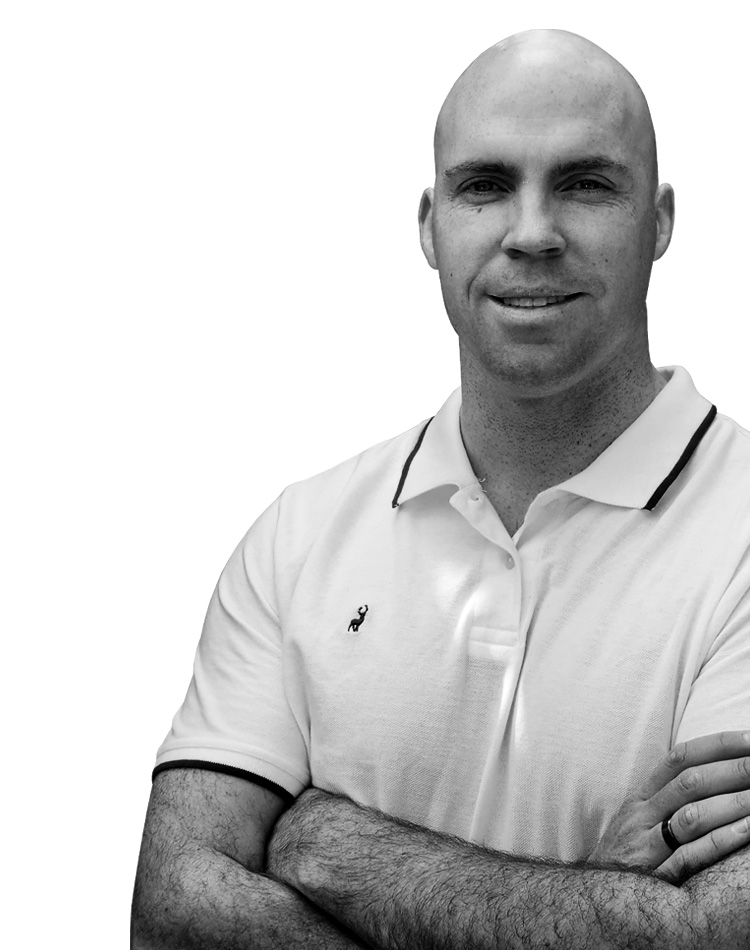Growth Mindset
How many times have we heard that our mindset determines what we achieve?
The way we view failure and success will influence our mindset, including our ability to learn, develop and succeed. Our default position will always come back to either a fixed mindset or growth mindset.
Writer, neurologist and Holocaust survivor, Victor Frankl, famously said that “Everything can be taken from a man but one thing: the last of the human freedoms—to choose one’s attitude in any given set of circumstances, to choose one’s own way”.
It will be this approach that will determine many of our failures and successes. More importantly, it determines how we view these and thus how we learn and grow in the future.

The Fixed Mindset
The fixed mindset is an assumption that knowledge and skills are set. You either have what it takes, or you don’t. The view of failure is more likely to be negative and this not only means you will miss the opportunity to learn from mistakes, but you will also be less likely to risk failure in the future. For an organisation, a large risk aversion will see it left behind its competitors and it will fail to capitalise on opportunities created as their industry adapts and changes.
The Growth Mindset
In contrast, a growth mindset assumes that skills, intelligence, and development can be achieved through effort and persistence. The view of failure and success is more likely to be positive. By focusing on available learnings, we can take the most from all situations to develop individually and collectively in the future. It is in this environment that creativity flourishes and people are more likely to be innovative in their solutions. People with a growth mindset will embrace change and challenges. They will be more resilient and learn from feedback.
Fear
Our relationship with fear changes as we alter our mindset. We shift from a negative mindset, where we are fearful of the pain of failure and subsequently don’t attempt to change. We start to establish a positive mindset where failures are viewed as opportunities to learn and grow. Sometimes we even learn to enjoy the pain of failure because we understand what can be gained and trust the process to get there.

How does the growth mindset impact change?
When we look at organisational change, culture within the business or department will influence the mindset of those within. The reactions of leaders to failures or mistakes will shape how much people are willing to risk making these in the future. While some risk aversion is good, it should be calculated and determined by a cost-benefit analysis rather than fear of future failure.
The growth mindset views everything as a learning opportunity which contributes to growth and development. Growth thrives despite success and exists in the face of failure.
Change can be difficult to implement and embed. Yet these challenges not only become obstacles to overcome. They become opportunities at every step in the process to develop the solution. Skillsets and knowledge increase, execution improves, and the success rate increases significantly for any change program where a growth mindset has been adopted. What’s even more exciting is that tomorrow’s change programs are positively impacted by the learnings we gain today.
Thomas Edison famously stated “I’ve not failed. I’ve just found 10,000 ways that won’t work.” With this attitude, you will find a way for it to work. You will seek out new opportunities and challenges, embracing the process of change.

How do I change to a growth mindset?
- Find Your Why
We discussed the Why in our previous article and the importance of identifying this early in any change process. We also need to find our personal Why. Why do we get out of bed every morning to do what we do? What motivates us? What are our beliefs and ambitions? Our sense of purpose and ambitions identify skills and knowledge strengths as well as opportunities. Address these opportunities with the goal of your Why in mind and your personal growth will only be limited by how much you are willing to contribute. - Embrace Failure
While we don’t want to fail, when we do it is important to accept this and not run from it. Find out why the change failed and what can be improved for next time. None of us are perfect but it’s our attitude towards imperfection that drives the next opportunity for growth. Those around you will see an authentic leader who is in the trenches with them. Authenticity builds trust, trust builds good culture, and a good culture drives a sustainable organisation. - Trust the Process
It’s so easy to get carried away and forget there is a process in every change and opportunity. We need to recognise this process to get the most out of each situation. If we look too far ahead, we miss the chance to learn as much as we can each day. In no way does this mean you should sit back and wait. It simply means you will look at each situation as a learning opportunity. Doing this will build trust and accountability with those around you as well. - Welcome Feedback and Criticism
This is perhaps the most difficult one for many people. Few people want to be criticised or to feel like they have failed. However, if you can pro-actively welcome feedback and criticism, you will find the responses are surprising. As with the above points, this builds authenticity and trust. Your team will see that you are receptive to feedback to help you grow. When you welcome and encourage feedback from others, you will find it becomes constructive and positive. Furthermore, you will start to instinctively look for areas of opportunity and this will fuel your growth and development. - Help Others
Our own situation can often be transformed through a perspective change. Taking the focus off ourselves and transferring this energy towards someone else will often instantly adjust our perspective. We realise our problem may not be that big, or there is in fact a solution. Research also indicates that by helping others without expecting anything in return, we decrease our risk of depression and increase our ability to regulate our emotions. Creating a sense of meaning or purpose through helping others will also assist in establishing your Why.
Here at ROC, we believe in the growth mindset, particularly when it comes to change management. We know first-hand what can be achieved with the right mindset and attitude. We have also witnessed many scenarios where a fixed mindset has limited an organisation or individual greatly. It takes time to develop the growth mindset. It can be difficult and uncomfortable. However, the benefits are worth the effort.

Ready to Change?
To learn more about ROC and help our team learn more about you, please book a Discovery session with our team via Calendly today.
About
At ROC, solutions don’t come out of a box ready to plug and play, they’re customised to suit your journey.
We pride ourselves on identifying your pain points quickly and designing bespoke change strategies to address them, always keeping in mind your ultimate end game.
Quick Links
Home
About
Clients
Services
Our Philosophy
Blog
Book A Discovery Session
Contact
Discovery Sessions
Looking to change your company structure, corporate culture or want to introduce a new system or product.
Please contact us to discuss your needs and we will help point you in the right direction.


